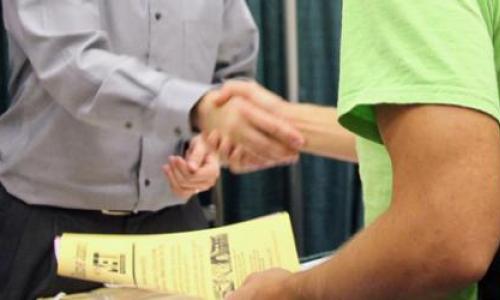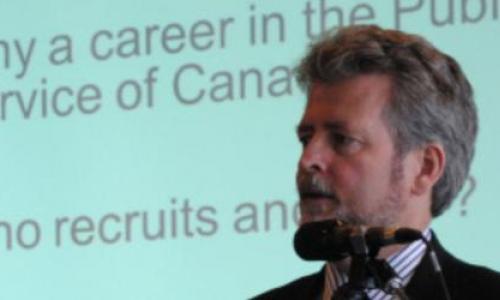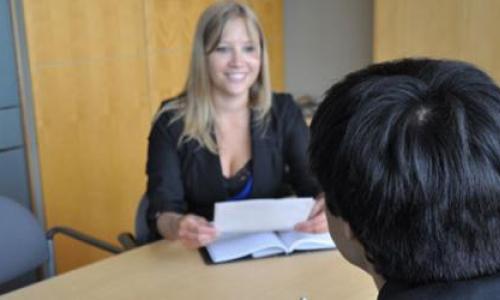
How often do you update your resume? For me, not very often. This is something I used to avoid doing unless there was a real need for it – applying for work or graduate school, for example. I would usually just add whatever new skills or training I had gained and re-arrange the layout according to my research about the employer. That’d be pretty much it. I wouldn’t say I enjoyed it either – let’s just say it’s not something I would want to do on a Saturday evening. Besides, if the purpose of a resume is to lay out my relevant work history and valuable skills for the positions that I am applying for, what’s the point of spending hours revising it again and again?
This is what I used to believe. However, Michael White, David Epston and Mark Savickas, theorists who see human experience as a story, drastically changed my perception of what a resume truly entails. I am inspired by their idea of viewing human development as a story containing different chapters of experiences. I have learned to perceive my career as one of the significant chapters in my life story. So, I adopted a new strategy to refine my chronological resume. Want to actually enjoy refining your resume? Here’s a method you might want to try.
First, I perceive each job on my resume as a small chapter of my work story. Before refining it, I ask myself a series of questions, such as:
-
What I did
-
What challenges I encountered
-
What satisfaction it brought me
-
What people I worked with
-
What accomplishments I achieved
I write down my answers to each of these questions and then start connecting these responses to the current purpose of refining my resume.
Let me share an anecdote of my working experience with you: my first experience writing a case report after a home visit as a support worker at a non-profit organization.
That home visitation experience was not as pleasant as I had imagined. The moment I stepped through the door, I felt ready to leave. The house was knee-deep in dirt and mess, a real gem for descriptive writing. All this went into my report meticulously, every minute detail. Based on the referral form and my years of academic writing training, I was confident that my 3-page report would get me at least a B in an undergraduate class. I confidently gave it to my supervisor the next morning. In less than 5 minutes, I was called into his room. He skillfully used constructive criticism to comment on my report and encouraged me to read the previous reports in the client’s file before doing any revisions.
I was speechless. In my disappointment, I spent the rest of the day ploughing through all the documents in the file. I soon noticed that the problem was not the content or information that I provided, but my writing style. What I had failed to acknowledge was that my report was considered a legal document that could be submitted to a court of law for review if necessary. From then on, I adhered strictly to the use of legal terminology in a formal writing style.
Based on this experience, instead of using “provided accurate reports” as a description on my resume, I refined my resume to “wrote legal documentation to the Ministry of Children and Family Development”.
Don’t you agree that the latter description has more power than the former one? This storytelling exercise not only helps me think of specific scenarios about what I learned in this position, but it also helps refine my resume to be more impactful.
Yes, it does take a bit of time. But the time I spend doing this helps me reflect on my work journey, and clarify my transferrable skills and knowledge. More importantly, it also helps me prepare for interviews, especially for the scenario questions most of us are nervous about. I use this time to go through all the embarrassing, stressful, funny, and tough moments that happened at work and how I handled them. When I connect the dots it often reveals an unmistakable pattern about myself, and that self-awareness is an added bonus.
We can’t change our work history, but we can change how we perceive our past experience to make it meaningful for our present and future development. When you get stuck revising your resume, take a moment to recall one of your working stories as thoroughly as possible. You may be surprised by what you have learned and to see that you have grown.
And you might even enjoy doing it!
















